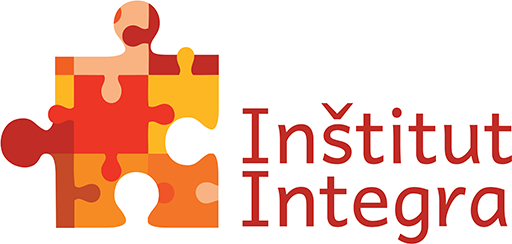
Europe is facing a “longevity revolution”, as the number of old and very old people will increase in the coming decades: According to Eurostat, by 2060 one in three Europeans will be over 65 years old, and every 8th person will be at the age of 80 and above. Very old people will thus not be a small minority in our societies but a significant citizen group. The time has come to change the attitude towards them and to shift the focus from inabilities to opportunities and strengths. The older generation needs to be provided with educational support to enable them to remain active members of society and face the challenges of growing old independently for as long as possible.
Statistics show that senior citizens are often missing out the lifelong learning opportunities, although lifelong learning is one of the key factors of successful ageing and helps the wellbeing of seniors in later life, stimulating their social inclusion and interest in life.
As the world is transforming into a knowledge society, we increasingly rely on information delivered through computers and mobile technology devices. However, senior citizens form a large part of society that mostly lacks the required skills to participate in this development. This situation creates a growing group of disadvantaged citizens and contributes to the digital divide of European society.
More information is available on the project website.


